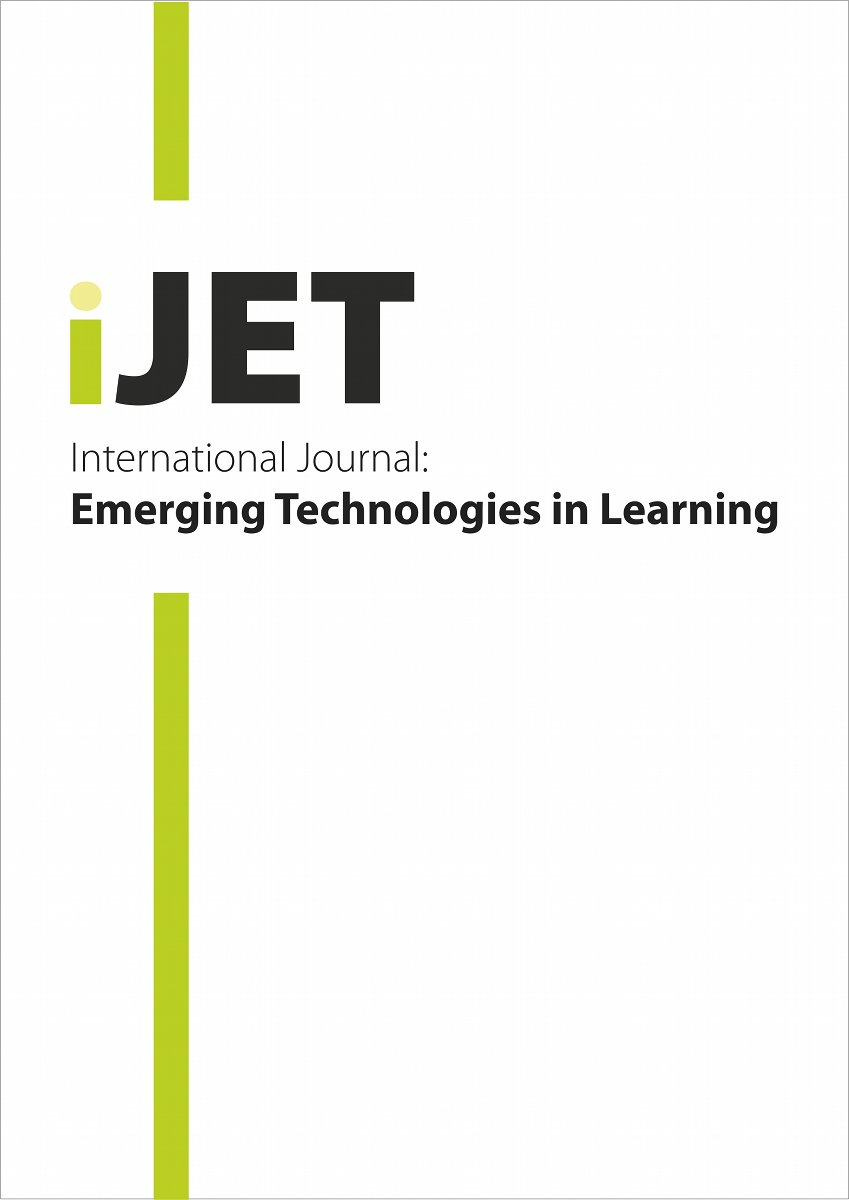
Design Gamification Models in Higher Education: A Study in Indonesia
ARTICLE
Isabel Panis, Universitas Negeri Malang Universitas Katolik Widya Mandira ; Punaji Setyosari, Dedi Kuswandi, Lia Yuliati, Universitas Negeri Malang
iJET Volume 15, Number 12, ISSN 1863-0383 Publisher: International Journal of Emerging Technology in Learning, Kassel, Germany
Abstract
Based on the data, it is known that the average score of the overall evaluation aspects of the learning design reached 3.4. This figure according to the results of the conversion of quantitative data to qualitative data on scale 4 belongs to the very good category, which means that the learning design of gamified problem-based learning developed is feasible to be applied in learning. The purpose of writing this article is to develop an appropriate gamification model in tertiary institutions which links gamification theory and problem based learning into a new model that will later be combined with existing learning media to become more effective and interesting when applied in each course. Research on learning design models can be classified into three types: model development, model validation, and model use. This study examines the first two points above, which are based on research methodologies for model development and model validation where learning models are developed either practically or theoretically. In theory, the cause is based on the literature related to the model that is to be developed, being practical because it must be based on a learning design that is suitable for real life. The gamified problem-based learning design model has been based on literature and has projected real-life learning needs. In the results, it is known that the effectiveness and attractiveness of the design of gamified problem based learning as teaching material in the form of theory and practice have shown results in the excellent category which means that this learning design is feasible to be applied in learning.
Citation
Panis, I., Setyosari, P., Kuswandi, D. & Yuliati, L. (2020). Design Gamification Models in Higher Education: A Study in Indonesia. International Journal of Emerging Technologies in Learning (iJET), 15(12), 244-255. Kassel, Germany: International Journal of Emerging Technology in Learning. Retrieved September 1, 2024 from https://www.learntechlib.org/p/217547/.
